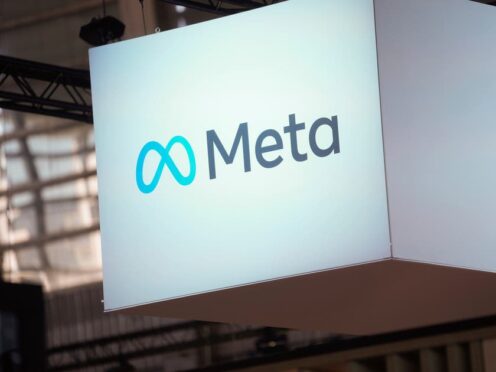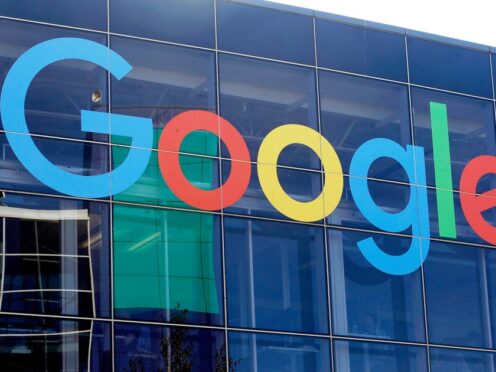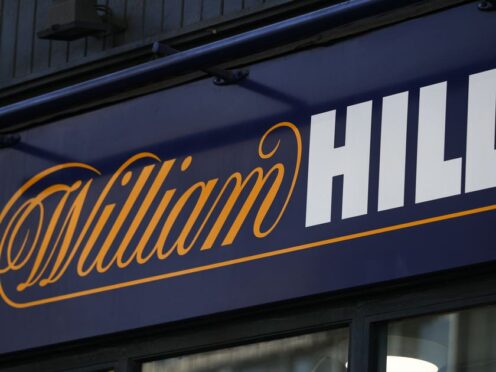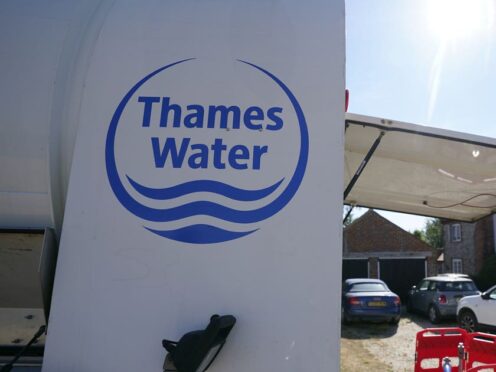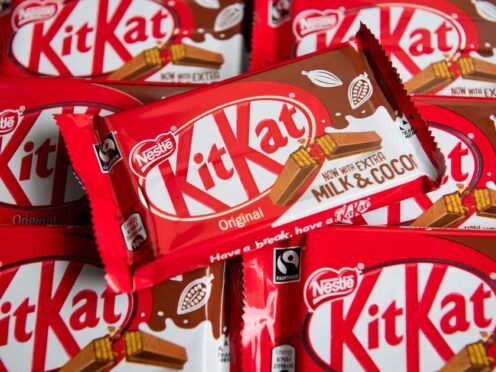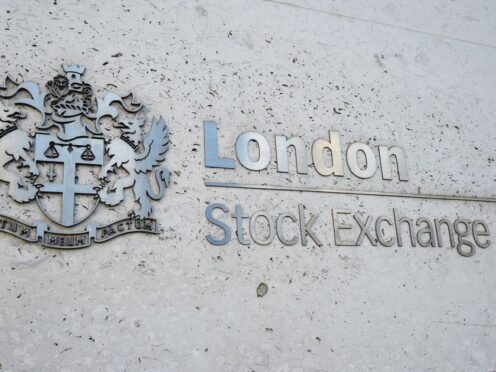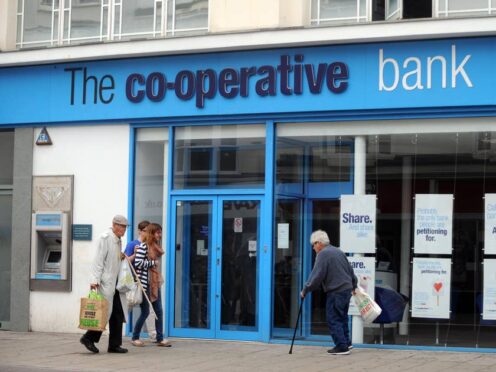One in four adults in the UK are being bombarded with scam contact on a daily basis, rising to nearly one-third of over-65s, a survey has found.
Some 25% of people questioned by YouGov said calls, texts and emails from scammers were a daily nuisance.
Older people were the most likely to say they received daily scam correspondence, with 31% of those aged 65-plus agreeing, compared with 22% of 25-to-49-year-olds.
Across all age groups, nearly two-fifths (39%) of people said they received scam contact on a weekly basis.
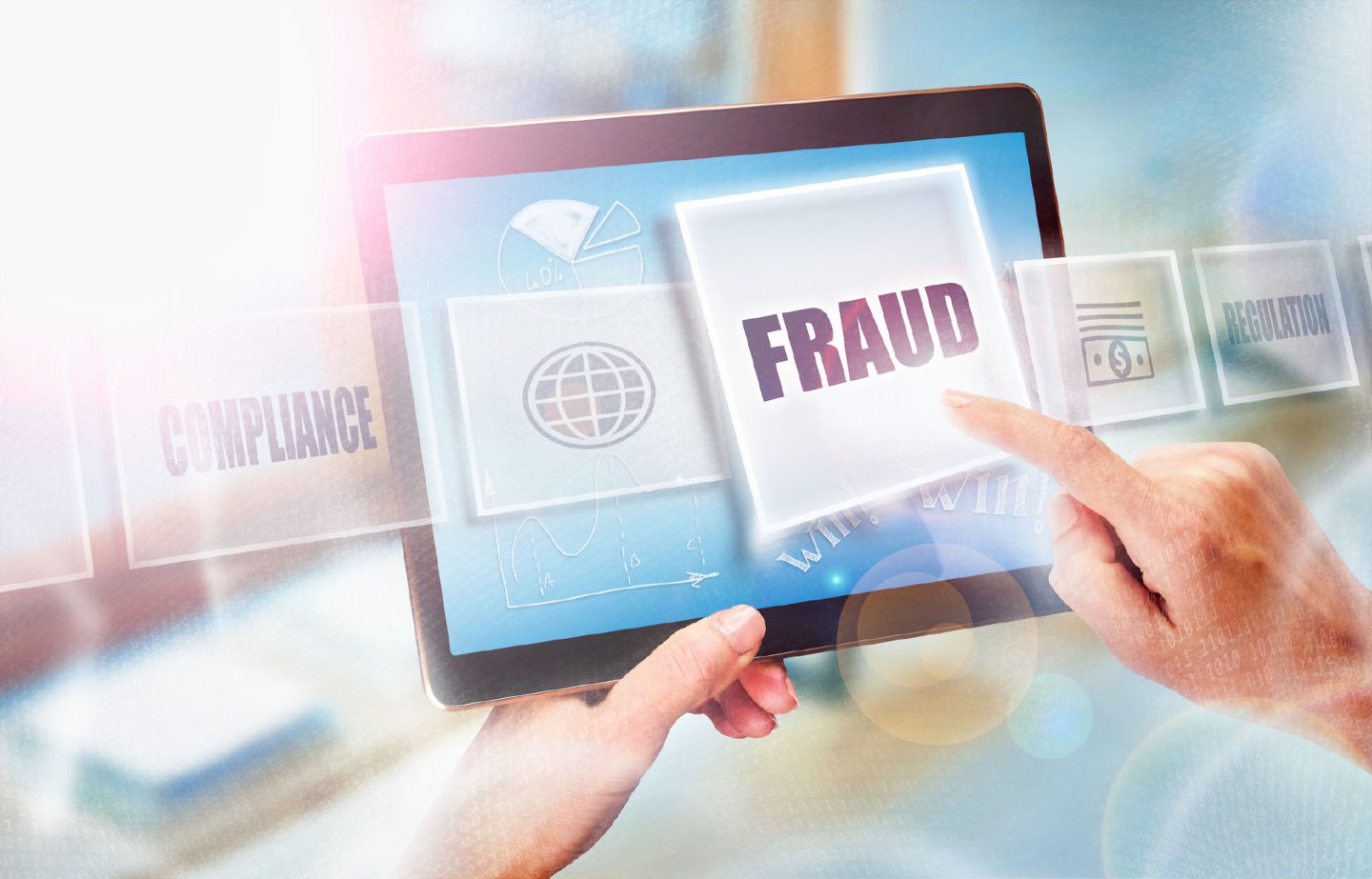
Recent scam messages that authorities have warned about include those related to the census, coronavirus vaccines, mobile phone companies, fake texts from delivery firms, and bogus tax rebates or penalties.
Nearly one-fifth (17%) received scam messages and calls monthly, while for just over one in 10 (11%) it happened every few months, and for 4% it was once a year or less.
76% support for freezing scammers’ bank accounts
Many people knew someone affected or had been a victim themselves, with 11% saying it had happened to a family member, and one in 10 (10%) knew a close friend who had been tricked.
About one in 12 (8%) of those surveyed said they had been scammed. More than three-quarters (76%) said they would support the idea of scam victims being reimbursed using suspected criminal funds from frozen bank accounts.
Which? claims major UK brands ‘hiding under a cloak of anonymity’ over bank transfer scam refunds
This is similar to previous YouGov research from 2018, which showed that 49% of the public said banks should reimburse victims even if they’ve been careless.
While many banks are signed up to a voluntary scheme to reimburse customers who get scammed to transfer money to a fraudster, research shows they refuse to compensate most on the basis that the victim is to blame for the losses.
More than 1,700 people were surveyed across the UK during May.

